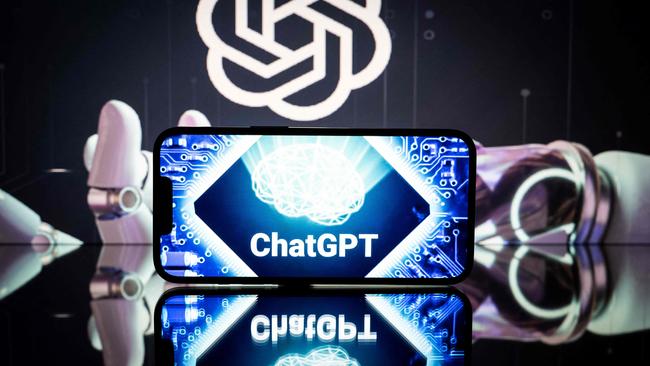Tech pioneer DeepMind warns against AI autonomy
AI lab co-founder warns if Artificial Intelligence programs are taught how to improve themselves they will become more intelligent than humans.

Artificial Intelligence programs should not be taught how to improve themselves, according to a co-founder of the AI research lab DeepMind.
Mustafa Suleyman said that giving autonomy to AI was a “fundamental boundary we should not cross” because of safety concerns.
DeepMind, which was sold to Google in 2014 for pounds 400 million, is focused on creating a human-like artificial general intelligence (AGI) that would be used to solve global problems. Many believe that to reach AGI, systems would have to be able to write their own code in cycles of improvement.
However, concerns have been expressed that this process – called recursive self-improvement – could lead to AI being more intelligent than humans and potentially deviating dangerously from the goals it has been set.
Suleyman left DeepMind for a role at Google in 2019 before leaving last year to set up his own company, Inflection AI, with Reid Hoffman, a co-founder of LinkedIn, and Karen Simonyan, another former DeepMind executive. The company has developed a “kind and supportive” chatbot called Pi, which stands for personal intelligence.
Suleyman said some recent warnings about AI had been “hyperbolic”. Geoffrey Hinton, the “godfather of AI”, quit Google to warn about the dangers of the technology. Suleyman said: “I’m pleased that we’re now having this public conversation about it, because now is definitely the time. And I think these models are getting better and better. I don’t necessarily think that we’re on the eve of AGI. I think some people have been far too hyperbolic.”
He added: “I think that there are some fundamental boundaries which we should not cross. There’s no reason to add autonomy to these systems. There’s no reason to add recursive self-improvement – those would be design choices that we don’t need to add yet until they can be proven to be controllable and safe.”
Hinton also expressed concerns about the ability of AIs to self-improve and transfer knowledge. He told Computerworld: “We have digital computers that can learn more things more quickly and they can instantly teach it to each other. It’s like if people in the room could instantly transfer into my head what they have in theirs.”
Despite working at Google for many years, Suleyman is critical of the current web landscape. “Search is very broken. I mean, in some ways, Google broke the internet, right?
“Content creators and publishers have been so incentivised to design web pages around the adverts that keep you on the page for as long as possible. So the interests of the user reading a web page have kind of been lost in this equation … The piece of information you want is right at the bottom of the page. What users really want is a succinct and precise answer to their question.”
The objective of Pi, which is being described as AI with emotional intelligence, is to provide a “kind and supportive companion” through conversations. Unlike many other chatbots, Pi sits on top of Inflection’s own AI, which it describes as “one of the most sophisticated and advanced large language models in the world”.
Suleyman believes that the chat interface will become the digital default: “There are going to be millions, hundreds of millions, of AIs of various kinds that all do different things.”
He added: “This is going to be the new interface to your entire digital world, like everything is going to become a conversation.”
Relationship chatbots such as Pi are starting to become more popular, with some users developing strong emotional bonds. Noam Shazeer, a former Google engineer who is behind Character.ai, which lets people create famous characters to interact with, told The Sunday Times: “We get all kinds of emails. Things like, ‘I have no friends, I was depressed. This makes me feel good. Thank you, this saved my life.’ It’s not what we set out to do, but it just stands to reason. There are a lot of lonely people in the world.”
The Times


